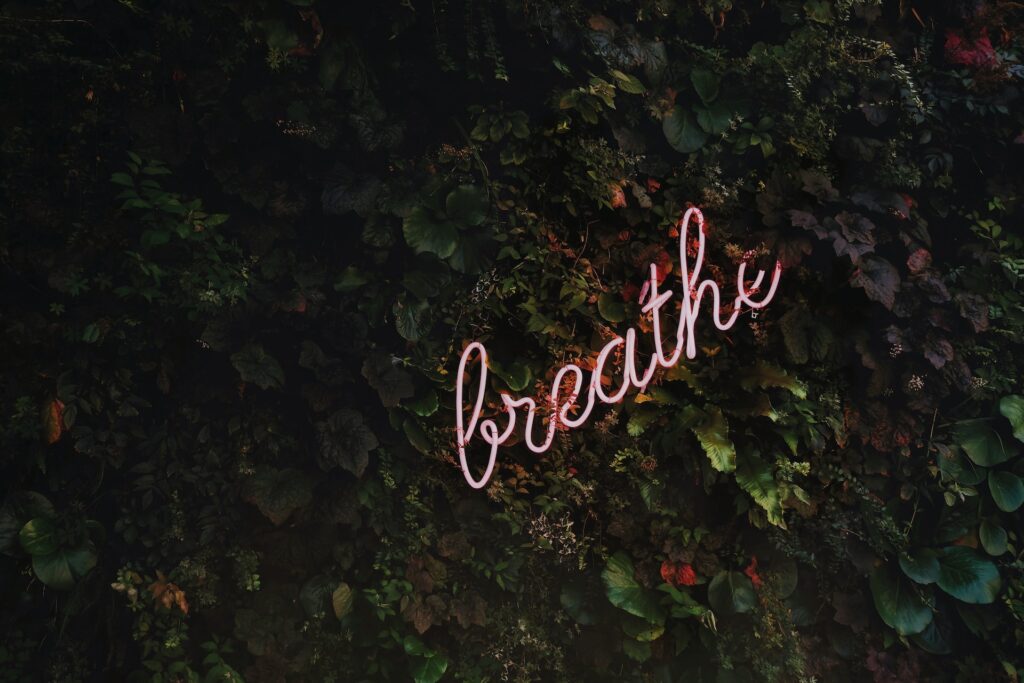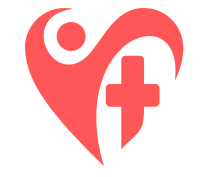The most crucial step someone will take on their road to recovery is going to drug and alcohol rehab, but this is not the only way to overcome addiction. A 30- to 90-day stay in an addiction treatment facility is ineffective when used alone since recovery from substance use disorder is a lifelong process. Recovery is a protracted process since maintaining a successful sober lifestyle necessitates adjustment, patience, and new behavioral patterns. Individuals will, however, enjoy the benefits of long-term sobriety when combined with aftercare planning and methods.
Once they are taken from the security of an addiction treatment facility, people frequently struggle. Because they get accustomed to being able to fully concentrate on their recovery rather than juggling life stressors and substance use disorders at the same time, this is the case. To assist them deal with daily triggers after they leave treatment, patients need to have a list of coping skills and follow-up care plans. Drug rehab aftercare programs, thankfully, take all of these things into account.

What Services Do Aftercare Programs Offer?
Systemic and persistent problems in maintaining sobriety are common in people with substance use disorders. For instance, people could struggle to find employment, locate reasonable housing, and keep up positive connections. Additionally, people in recovery from addiction sometimes have to deal with legal matters that are very difficult to handle on their own. Unfortunately, stress is one of the main causes of substance usage and frequently causes relapse in the absence of effective coping mechanisms.
To ensure that recovered addicts lead stress- and drug-free lives, the majority of drug rehab aftercare programs provide the following services:
- Career guidance and assistance
- Case management, assistance, and advice from lawyers
- Testing for drugs and alcohol
- Goal-setting assistance and other life coaching services
- community development
- Academic assistance
- Ongoing counseling for addiction and mental health
- Budgeting and financial preparation are helpful.
Planning for aftercare is intended to give addicts in recovery a network of support that they might not otherwise have. Aftercare reduces unneeded concern and stress by assisting people with issues related to their careers, income, education, legal issues, and mental health.
A Summary of Drug Rehabilitation Aftercare Options
Drug rehab aftercare comes in a variety of formats, just like addiction treatment programs. Each type of aftercare has advantages of its own and typically offers the same level of support overall.
Facilities-Based Initiatives
Patients transitioning out of rehab are probably offered an aftercare program if you are currently enrolled in an addiction treatment center. Although the level of aftercare planning provided by each institution will vary, the majority of drug rehab centers give comprehensive aftercare services.
Sober-living options, ongoing treatment, medical assessments, and alumni support groups are a few examples of the aftercare services provided by facility-based programs. It is significant to remember that some facilities also provide case management, which is intended to assist people in locating employment, securing housing, and handling ongoing legal matters.
Sober Living
Residential facilities for those overcoming alcohol or drug addiction are known as sober living programs. Some sober living homes run independently, while others are connected to centers for addiction treatment. However, certain programs could offer more long-term possibilities. The majority of sober living houses are built for six months to a year of residency. These programs are highly advised to aid people in making the adjustment from rehab to everyday life because they are proven to boost the likelihood of long-term sobriety.
The person in charge of most sober living homes sets and upholds the rules; this individual is frequently referred to as the house mom or house dad. However, some do so democratically, with rules and practices that everyone agrees upon. Both sober living options yield positive results. Additionally, the majority of these residences are gender-specific.
There are a few requirements that are shared by all of these programs, even if each sober living home will have its unique set of regulations. These consist of:
- A commitment to abstain from drugs and alcohol that is upheld by regular testing
- An enforced curfew
- Being employed
- Participation in sober support groups on a regular basis
- Assisting with duties around the house on a regular basis
Personalized Therapy
While a person is in drug rehab, therapy and counseling sessions normally take place every day. People must therefore continue to go to treatment at least once a week. As they grow more confident in their sobriety over time, people may choose to have treatment sessions only once every two weeks or once a month. For people with co-occurring mental health disorders, going to therapy is especially crucial.
Support Groups
Attending support groups after finishing treatment is always advised for recovering alcoholics and addicts. In order to clarify, support groups are associations of substance abusers that gather regularly to talk about common problems associated with their recovery. People may, for instance, talk about how they came to recognize they had a drug problem or how they deal with the stresses of daily life. Support groups give recovering addicts and alcoholics a place to go when they need extra help and a safe environment to feel understood while learning new coping mechanisms.
Addiction support groups include:
- 12-step programs (Alcoholics Anonymous, Narcotics Anonymous, Cocaine Anonymous, and more)
- Training in Self-Management and Recovery (SMART Recovery)
- Women Against Drinking
- Secular Groups promoting Sobriety (S.O.S)
- Balance Management
- Secular LifeRing Recovery
Find the Best Drug Rehab Aftercare Program Right Now.
Please think about going to any kind of drug rehab aftercare if you or a loved one is about to finish addiction treatment. In order to assist our patients in returning to their regular life, Carolina Recovery Center offers a facility-based aftercare program. To assist them create a complete continuum of care that works, we take into account each patient’s particular requirements and experiences. To begin, get in touch with us immediately.

